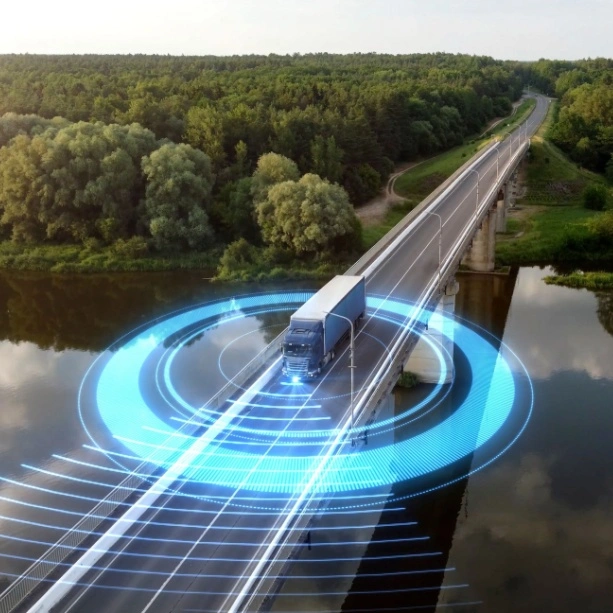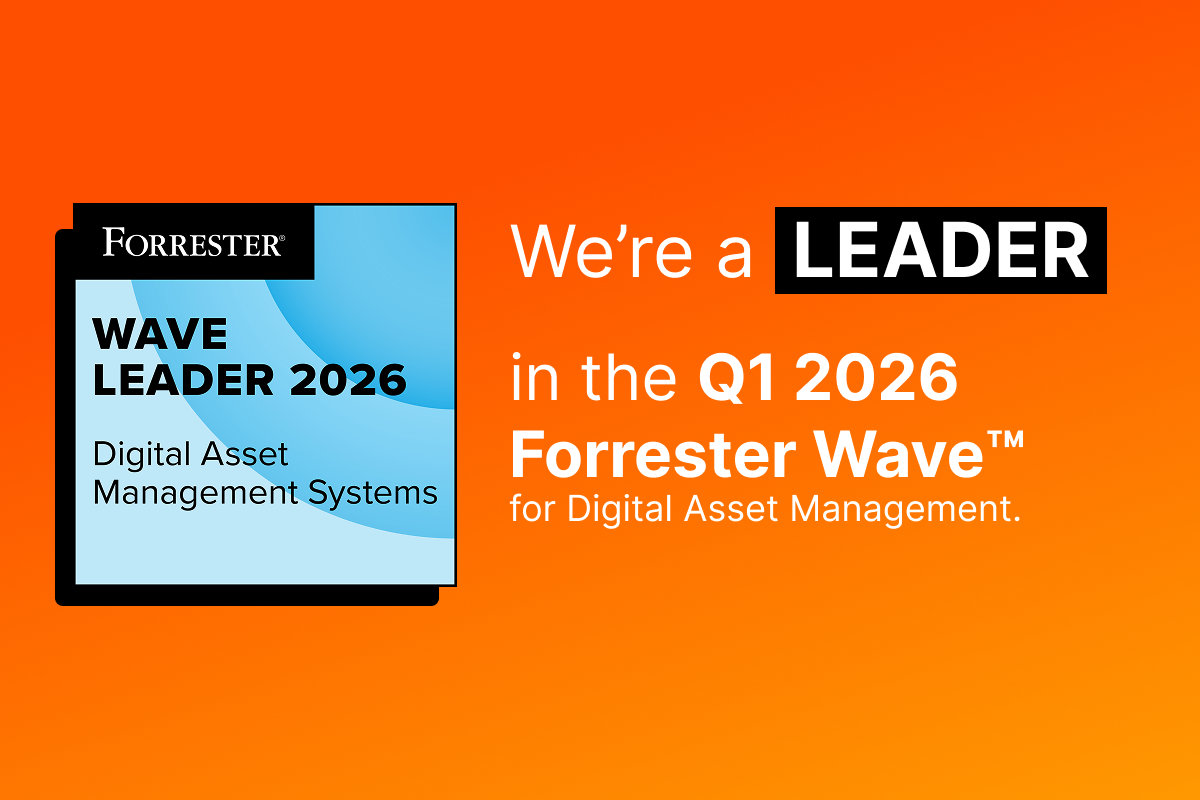In the shifting environment that is logistics, it’s important to understand how technology has evolved to get us where we are today and where this advancement will take us in the future. This information allows us to adequately utilize new and innovative technologies to their full potential and be prepared for what’s coming in the future. The ability to track trailers using GPS has revolutionized overall logistics operations and has improved supply chain operations. The visibility that GPS trailer trackers provide unlocks new efficiencies for companies saving them time and money. Let’s discover how this technology evolved and how it will continue to be used in the future.
Increase Your ROI by Investing in AirFinder Everywhere
- Loss Prevention. Reduce the amount of loss that occurs during the supply chain process
- Location Coverage. AirFinder Everywhere uses a combination of GPS, Cellular, and WiFi to determine location everywhere
- Security Alerts. Know when a delay in shipment has occurred so the problem
can be addressed immediately.
The History of GPS Trailer Tracking
When anticipating the future, it’s always a good idea to first look to the past. GPS was first used in the 1960s by scientists with the intention of tracking satellites, meaning that, at its core, GPS was invented to track assets. That being said, it would be many years yet until GPS was used to track commercial vehicles. For a long time, GPS was only used by the United States military. When the technology was first released to private companies in 1985, companies had the ability to utilize GPS. However, the use of these devices was scattered and selective due to the newness of the technology and the resulting high price. For instance, Magellan’s GPS tracker released just before the 90s was listed at $3,000, placing it out of reach for most companies. Even those who could reasonably afford it were hesitant to make such a high investment, unsure if the device’s ROI would make the price tag worth it. As innovation continued, however, the cost went down and ROI was proven. Today, GPS tracking systems are generally regarded as affordable for most companies, to the point where they are usually considered an industry standard.
GPS Trailer Tracking Today
Today, everyone uses GPS technology in one form or another. The most common consumer use of GPS is for navigational directions, a standard feature that’s accessible through most smartphones. When you say “GPS,” most people know what that means. But when it comes to using a GPS tracking device for trailers, the usage and function are unique. Certainly, telematics systems use GPS to provide drivers with directions during their travels, but this isn’t the only way the technology is used in the logistics space. GPS trailer trackers stand as a testament.
LA GPS trailer tracker is a physical device that you place on or inside of your trailer that continually tracks its location. You are also able to attach GPS tags to the pallets carrying cargo and the cargo itself, allowing you direct access to the location of your assets through an integrated UI. This real-time visibility of your trailers tells you where your trailer and other assets are located and how they’re doing. Access to this information has allowed fleet managers to make strategic decisions based on data instead of assumptions. These data-based decisions lead to cost savings and increased efficiency. Streamlining operations to these ends also allows for other areas of the company to be improved. After all, if your company no longer has to spend a lot of money replacing lost assets, that money can instead be allocated to making other improvements or expanding business capacity. Taking it a step further and integrating telematics with GPS tracking can even take you to a whole new level. Some of the most prominent benefits of GPS trackers include:
- 1. Loss Prevention: GPS trailer trackers act as a deterrent to theft and unauthorized use of trailers. In the event of theft, fleet managers can quickly locate stolen trailers using GPS tracking data, increasing the chances of recovery and minimizing financial losses. GPS trackers even have geofencing capabilities which send alerts when assets move without authorization, allowing fleet managers to take immediate action. Lost assets can be expensive to replace, especially when the lost asset is a multi-thousand dollar trailer carrying thousands of dollars worth of cargo and equipment. Even losing one trailer filled with cargo is costly to the company. Tracking trailers along with the cargo inside of them saves the company money that can be better spent elsewhere.
- 2. Asset Utilization Monitoring: GPS trailer tracking systems provide insights into trailer utilization, allowing companies to better allocate resources and optimize asset usage. By monitoring usage patterns and identifying underutilized trailers, fleet managers can streamline operations and maximize profitability. Fleet managers can monitor trailers in real-time and identify instances of unnecessary idling, such as during loading and unloading or at rest stops. By minimizing idle time, businesses can increase the productivity of their trailer fleet and improve asset utilization. By monitoring factors such as engine hours, mileage, and temperature, fleet managers can also identify trailers that require maintenance and schedule servicing during periods of low utilization. This ensures that trailers remain in optimal condition and available for use when needed while minimizing downtime. Fleet managers can identify opportunities to right-size their fleet by retiring underutilized trailers or expanding capacity to meet growing demand. This ensures that resources are allocated efficiently and that trailers are utilized to their full potential, minimizing unnecessary costs.
- 3. Compliance: GPS trailer tracking systems help companies maintain compliance with industry regulations and standards. By accurately recording trailer movements and maintaining detailed tracking records, companies can demonstrate compliance with regulatory requirements and ensure adherence to safety standards. On top of that, our solution has condition monitoring capabilities for companies that transport sensitive assets. This prevents waste and ensures compliance with FDA regulations based on temperature, humidity, handling, and more.
- 4. Customer Service: By providing accurate and reliable tracking information, GPS trailer trackers enhance customer service levels. Companies can provide customers with real-time updates on the status and location of their shipments, improving transparency and communication throughout the delivery process. When loss is prevented, customers are likely to have a good experience doing business with you. Consumers appreciate and value transparency. With clear communication on the status of shipments, they are more likely to return when they need business you provide and might tell their friends.
Despite the resounding benefits, GPS technology does have a few drawbacks. While the high location accuracy is great to have, companies are getting tired of how quickly battery life runs out on these GPS trackers for their trailers. They have wondered if there would be a way to save on battery life without sacrificing location accuracy. While there is no perfect solution due to the nature of the technology, we’ve found a way to lessen this challenge’s impact on your operations and your budget by combining GPS technology with WiFi sniffing and cellular. Our tags use all three technologies to optimize battery life and location accuracy. WiFi sniffing is a unique location method that does not actually connect to WiFi networks, instead simply determining which WiFi network they are nearest to and using that information to determine location. Cellular works similarly, but instead of searching for nearby WiFi routers, it searches for nearby cell towers. Having other location tracking technologies integrated into our trackers works to prolong battery life because GPS uses the most battery when there is a poor GPS signal. With this in mind, power consumption is greatly reduced simply by having other location technologies installed to fall back on when the GPS signal is too weak. When using our GPS tags, you can choose which order of technology for the tag to use. If there is not a good GPS signal, the system will default to either WiFi sniffing or cellular based on your choice. You can even choose to put one of those two or both before GPS to save further on battery life.
The Future of GPS Trailer Trailer
The future of GPS asset tracking is intertwined with other emerging technologies that are poised to revolutionize the logistics industry. One of the main technologies is AI. AI is being embraced as a tool for automation across industries. When used in conjunction with GPS trailer technology, it offers great benefits to logistics. For starters, you can use it to automate decision-making. In order to operate, AI requires data points, and GPS can be used to collect location information on the trailers and cargo. Then AI can utilize the data to make predictions so you can plan for the future. AI-powered analytics can optimize route planning, anticipate maintenance needs, and even detect anomalies or potential security threats in real time. The ability to collect, analyze, and act upon data generated by GPS trackers is crucial for optimizing operations and improving efficiency. Advanced analytics tools can provide actionable insights into trailer utilization, driver behavior, and overall fleet performance. The applications of GPS trailer trackers extend far beyond traditional logistics and transportation. Industries including construction and utilities are increasingly leveraging GPS tracking technology to monitor and manage their assets more effectively.
In a time of increasing environmental awareness, sustainability is becoming a key consideration in logistics operations. By optimizing routes, reducing idle time, and minimizing fuel consumption, GPS trailer trackers can help reduce carbon emissions and mitigate the environmental impact of transportation. Additionally, our GPS solution is energy-efficient since it extends battery life to up to 7 years. We also offer a rechargeable tag to further reduce waste.
What Role Will You Play in The Future of GPS Trailer Tracking?
The future of GPS trailer trackers is bright, with exciting advancements on the horizon. From integration with emerging technologies like AI and machine learning to enhancements in data analytics and insights, GPS trailer trackers are poised to revolutionize the logistics industry in the coming years. By addressing challenges including extending battery life while maintaining location accuracy, GPS tracking solutions will continue to play a vital role in shaping the future of transportation and supply chain management. As we navigate tomorrow’s logistics landscape, GPS trailer trackers will be at the forefront, providing the visibility and efficiency needed to meet the demands of an ever-changing world. To learn more about our GPS tracking solution, AirFinder Everywhere, and how you can benefit from a GPS tracker, book a demo with our team of experts.

Publisher: Source link











